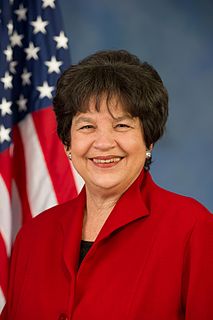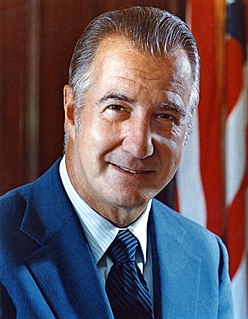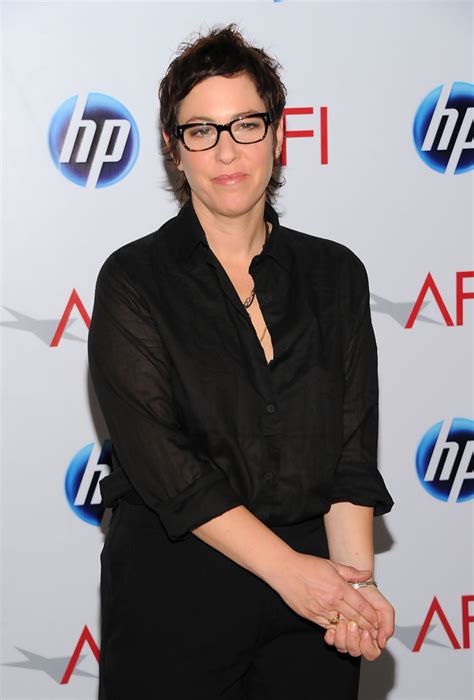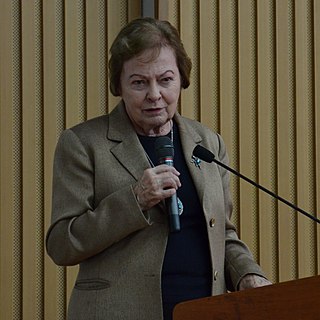A Quote by Katie Pavlich
When I was a UA student, I was given the ultimate runaround when my student group wanted to bring author and activist David Horowitz to speak on campus.
Related Quotes
A Student is the most important person ever in this school...in person, on the telephone, or by mail.
A Student is not dependent on us...we are dependent on the Student.
A Student is not an interruption of our work..the Studenti s the purpose of it. We are not doing a favor by serving the Student...the Student is doing us a favor by giving us the opportunity to do so.
A Student is a person who brings us his or her desire to learn. It is our job to handle each Student in a manner which is beneficial to the Student and ourselves.
The era of appeasement must come to an end. The political and social demands that dissidents are making of the universities do not flow from sound basic educational criteria, but from strategic considerations on how to radicalize the student body, polarize the campus and extend the privileged enclaves of student power.
I was a student in London in the '70s, so CBGB really wasn't on my radar at all. Obviously, I was aware of the emergence of the Police in England and as an art student, I was very aware of David Byrne, but I suppose my musical taste at that time certainly didn't stretch towards the Dead Boys or the Ramones.

































